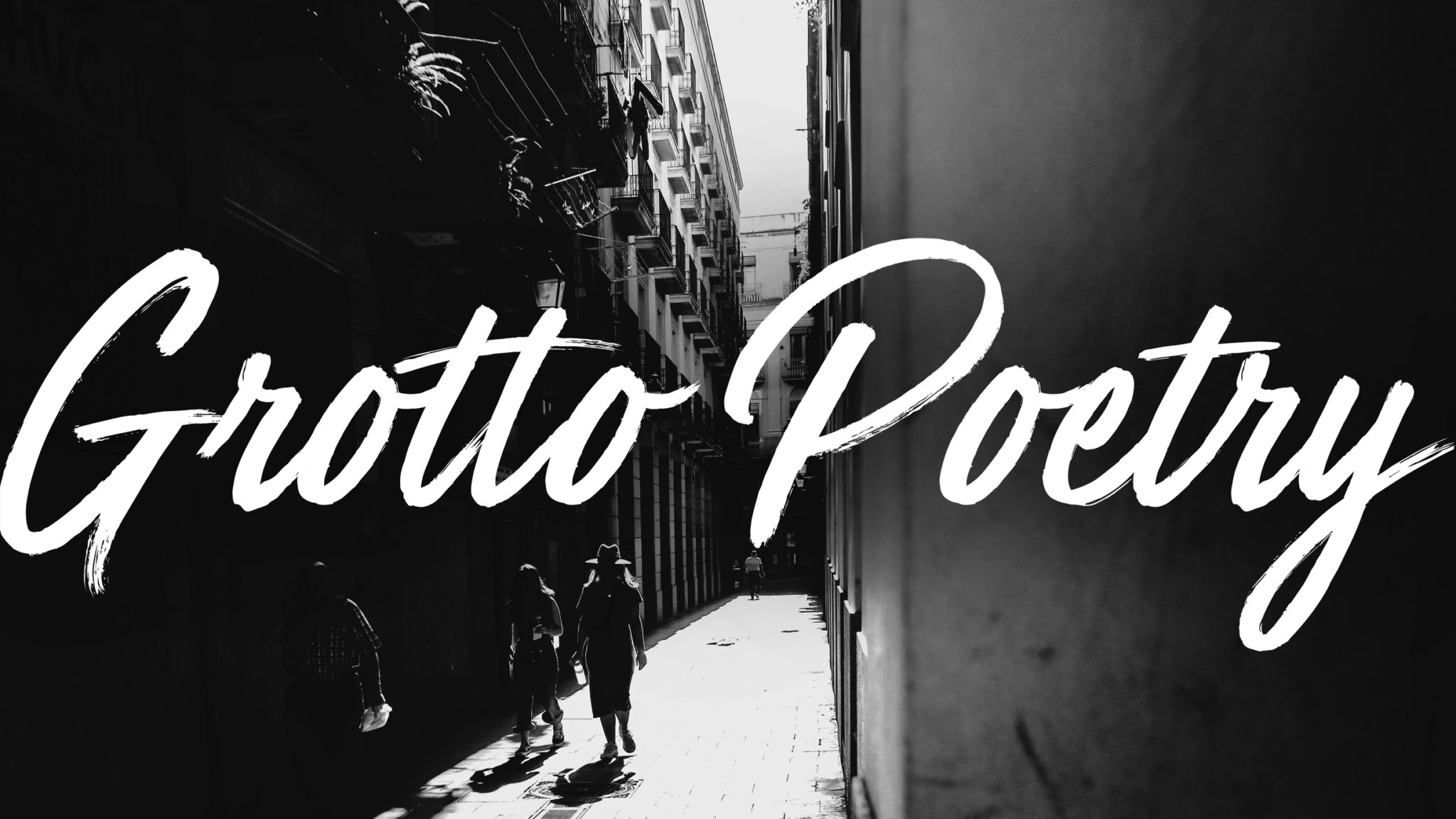
My freshman year of college, I tried to institute a ban on the phrase “I have to.”
I tried my hardest, despite my friends’ objections and eye rolls, to convince myself and others to stop saying that we had to do things. Instead, I’d correct myself and them: “No, you get to do three hours of chemistry homework tonight.”
It didn’t catch on, and they weren’t thrilled.
At the time, my intent was good. I wanted to remind myself and those around me of the great blessings we had, the incredible privilege it was to be studying at school together, and how small our biggest stressors were in the grand scheme of life. But it came off as reductionistic, relentlessly cheery, and probably kind of annoying.
I see this same focus on positivity creeping into conversations as we bounce back from the COVID-19 pandemic and return to “normal.” Of course we’re all looking forward to better days, but much like my cheer crusade, blind optimism can be dangerous — and might even reflect a deeper intolerance for pain and anguish.
When I told myself I shouldn’t be stressed about homework because there are people without food, I thought I was helping myself focus on positivity and gratitude for what I had. But redirecting that way also protected me — it meant I didn’t have to think about the ways I was struggling, suffering, in pain myself. If I convinced myself that I could’ve had it so much worse, I didn’t have to admit that I was stressed — I could ignore the ways I was in over my head.
Similarly, when I challenged my friends to stop what I considered to be their “negative talk” and complaining, I was protecting myself from accepting and processing their pain, from sitting with them in it. I was uncomfortable hearing about struggles I couldn’t fix, so I breezed past those big feelings and found something else I could try to control.
As a society, we don’t do a very good job of sitting in pain and grief together. We’re used to immediate responses, quick fixes, solvable problems — and emotional trauma doesn’t fit that bill. So sometimes we relentlessly push past that pain. We put on a smile and unequivocally and completely focus on the good. We move immediately toward finding a bright side — a silver lining.
And in a world that’s used to smiling, especially on social media, it’s easy to feel completely alone when you’re not feeling perfectly positive and joyful. We shy away from sharing our pain with others for fear that it’ll “ruin” their joy. We don’t want to be a burden or a bummer, so instead we grin and bear it.
But that toxic optimism does us a disservice. It tries to tell us that we aren’t worthy of fully experiencing our emotions, that our pain isn’t as real as it is. And it leaves us feeling like we’re the only one in the world feeling that way.
As I write this piece, I’m having one of those kinds of days. My state just opened up COVID-19 vaccinations to all adults, so I’m feeling hopeful. As my friends and family become protected, I can breathe a sigh of relief and I’m grateful that we’ve made it through some of the darkest days of this pandemic.
But I’m also afraid. I’m not vaccinated yet, and I don’t know when it’ll be my turn. As we approach another surge, the weather turns warm and I see people itching to get out, to be together again. I’m weary, and the hope of receiving the vaccine at some point (soon?) doesn’t take that fatigue away.
The vaccine and our movement back toward the life we used to know is a hopeful and miraculous moment for all of us — but that doesn’t mean it’s without pain. We go back to “normal” knowing the pain of losing more than half a million lives in this nation. We return to our everyday routines with the weight of what we’ve missed for more than a year — birthdays, funerals, births, first steps. For me, I moved during the pandemic, which meant I never really got to say goodbye to the community I left.
Simply put, while we move forward, open up, and become safer, there is no going back to normal. There is hope and deep joy in our healing — and yet there is also pain. We’ve got to sit in that grief, allow ourselves to feel the pain and heartbreak of what we’ve lost to this pandemic in order to truly feel the hope that the future allows.
Pain and hope exist together, and must be experienced with one another in order for us to heal. A toxic, unending positivity or optimism, on the other hand, would have us move forward without accounting for what we’ve lost. To give in to that toxic positivity, to ignore our hurt, would be to do a disservice to ourselves and one another.
So as I look outside and see the sun shining, I’m basking in the hope that better days are coming — but I’m giving myself the room to feel sadness — and even some lingering fear. And when I get to receive my vaccine, return to work, and see my family, I’ll bring all of that with me, too.







.jpg)















